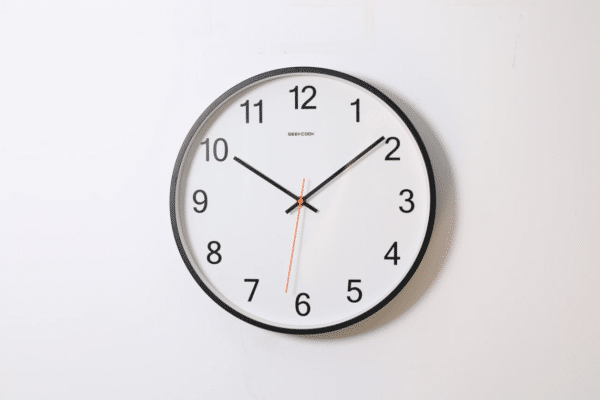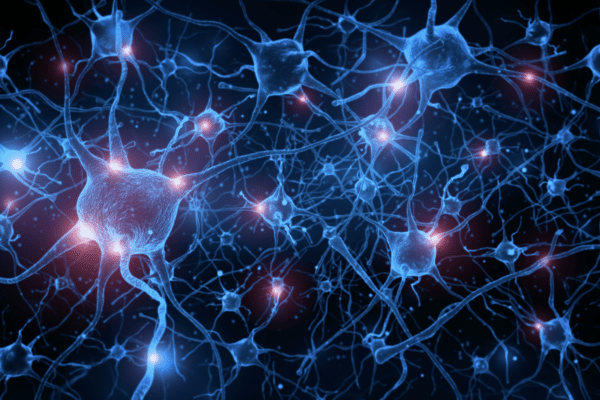Is Alcohol a Drug? The Most Important Things That You Need to Know

Many people do not consider alcohol to be a “drug” by the most common use of the word. It is not nearly in the same realm as heroin, crack, or ecstasy. Surprisingly, however, most people do not understand that it has the same effects as some of these drugs. For instance, alcohol can slow your brain down, cause extreme drowsiness, affect your coordination and concentration, and reduce your reaction time. This is the same effect that all depressants have on your body.
If you’ve been wondering whether alcohol is a drug, you’re not alone. Thousands of people struggle with this question every day, especially if they are concerned about addiction, health problems, and injury while using it. Read on to learn more about alcohol, drugs, and how you can seek help with them.
What is Considered a Drug?
A drug is defined as a substance that can change your mental and/or physical state. These substances affect how your brain works, how you feel, how you behave, and can even alter your senses and understanding of the world. They can be unpredictable and dangerous, especially for young people.
Drugs affect people differently based on several factors. These include (but are not limited to):
- Age
- Sex
- Body composition
- Metabolism
- Substance strength, type, and how it was manufactured
- How the person ingests them (tablets or fluids, breathing them in, snorting, injecting, etc.)
- The person’s mood and environment
- Whether the person mixes substances
There are a few different categories of drugs. Let’s go over the three types: depressants, hallucinogens, and stimulants.
Depressants
Depressants are exactly what they sound like: they slow or depress the function of the central nervous system. They effectively slow down messages to and from your brain.
In smaller quantities, this category of narcotic can make you feel relaxed and calm. In larger amounts, they can affect your concentration, coordination, and reaction time. In lethal doses, they can cause your body to shut down and become unresponsive.
Some common examples of depressants include opiates, cannabis, heroin, and tranquilizers.
Hallucinogens
Hallucinogens affect your sense of reality (or make you “hallucinate”).
When people talk about experiencing a “trip,” they are talking about the effects of hallucinogenic drugs. When you take these, you might see and hear things that are not there. You might also experience a wide spectrum of emotions, from euphoria to panic and paranoia.
Some examples of hallucinogens include LSD (acid), PCP, mushrooms, and cannabis.
Stimulants
Stimulants are also exactly what they sound like: they speed up (“stimulate”) the nervous system so everything appears faster than it is realistically.
Stimulants can make you feel alert and confident. They can also increase your heart rate and blood pressure, make you agitated, and cause sleeplessness.
Larger doses can cause you extreme amounts of panic and paranoia, as well as lethal seizures.
Is Alcohol a Drug?
There is a reason that alcohol has similar effects on the body as the “depressants” category: it is, in fact, a drug.
Alcohol is classified as a depressant as it causes a person to feel relaxed, less inhibited, and calm. It affects coordination and concentration as well, exhibited by the “drunkenness” one may have when they have consumed far too much in a short period. Very intoxicated people are often slow and have poor judgment, are drowsy, cannot balance themselves, and may not even remember the activity the next day.
Alcohol is not exactly like heroin, cocaine, meth, or crack. In some ways, it’s worse. It’s much easier to obtain than many other drugs because it is legal virtually worldwide. There are some areas throughout the world that might make it more difficult than others, but for the most part, it is regulated, not prohibited.
Narcotics other than alcohol also cause a marked change in consciousness when a person uses them, but the fact that alcohol isn’t as regulated as illegal drugs makes it severely more dangerous. Ask anyone who has passed out drunk at a party or doesn’t remember how they got home after a night of drinking.
The short answer is yes: alcohol is a drug. However, just because a person drinks alcohol doesn’t necessarily mean they have a problem or are abusing narcotics. One or two drinks every so often does not constitute an issue most of the time. Consuming alcohol excessively to the point that the person cannot function without it, or it starts to affect them and their family, is drug abuse.
The Dangers of Alcohol
Alcohol is likely the world’s most acceptable drug. People drink it any time of the day, at all sorts of events, and in varying concentrations and flavors. Drinking alcohol, getting tipsy, and relaxing with friends or alone can be fun, but you need to be aware of your limits when consuming alcohol. Frequent substance use can have many short term and long term effects.
Injury
Most people know that excessive alcohol use can damage your brain, liver, and stomach. However, alcohol can cause much more injury than just by its chemicals. There is a high risk of alcohol related injury. Since alcohol eases your inhibitions and makes you more confident, you are at higher risk of harming yourself or others.
When you are intoxicated, you are more likely to trip and/or fall. This can be a serious hazard if you’re around a body of water, partying on a rooftop terrace, or traveling from club venue to club venue. Many people don’t realize that it’s also a hazard if you’re just at home, walking to the refrigerator for another drink refill. You could trip and fall, hit your head on the counter corner, and knock yourself out. You might even believe you can cook something while extremely intoxicated and burn yourself on the stove. People have died from choking on their own vomit while passed out drunk.
Injuries aren’t the most commonly thought-of consequence when drinking, but it is a consequence that should always be considered.
Health Problems
The long-term effects of alcohol on the body begins from the moment you take your first sip. It can cause various health problems if it is not used in moderate amounts. There are over 200 long-term diseases and injury-related conditions associated with alcohol, such as:
- Liver disease
- Stomach bleeding
- Cancer
- Depression
- Worsened mental health
- Diabetes
- High blood pressure
- Pain
- Sleep disorders
- Addiction/alcoholism
One glass of alcohol consumption per day might do very little damage to your physical or mental health in the long term. If your habit grows, however, the cumulative effects of the drug can add up and start to affect your health.
Alcohol Abuse and Addiction
The most well-known effect of alcohol use and abuse is addiction and/or alcoholism. You are unlikely to become addicted to alcohol if you do not use it or get intoxicated very often. However, the more you drink alcohol, the more likely it is that you’ll feel like you can’t function without it. Addiction is a serious disease and should be treated as such.
Alcohol addiction (which can also be called a drug addiction) is marked by a craving for alcohol and an inability to stop consuming it, even if it causes personal or social harm. The symptoms of this addiction include drinking frequently (especially in inappropriate situations), drinking more than intended, and wanting to stop drinking but feeling like you can’t. You may also develop a tolerance to alcohol, which is when you must drink more and more to feel the same effects.
Why is Alcohol Legal?
If alcohol has all these dangers, why is it legal? This question has many answers. Think about the last time you went to a restaurant or party. At least half of the people there were probably drinking. Alcohol use is extremely popular, so it would be difficult to outlaw. The industry for it is extremely powerful as well, contributing thousands of dollars to the economy per year. It is also extremely easy to produce, even if you are not a high-end brewery or manufacturer.
Although alcohol is a legal drug, the things people do under the influence of it often are not. Therefore, it must be regulated. When consuming this drug, you need to be extremely careful. Always watch what you drink and make sure you know your limits. Seek addiction treatment if needed.
Conclusion
So, is alcohol a drug? Yes. Possibly the world’s most acceptable one at that. People drink when socializing, celebrating, and relaxing. Although drinking is not necessarily a problem in and of itself, excessive drinking can increase your risk for many health issues down the road. You should treat alcohol like any other drug: Be responsible, know your limits, and contact an expert should you need help with addiction treatment.
Resources
https://www.health.gov.au/health-topics/drugs/about-drugs/what-are-drugs
https://www.betterhealth.vic.gov.au/health/HealthyLiving/How-drugs-affect-your-body
https://www.drugabuse.gov/drug-topics/commonly-used-drugs-charts
https://www.consumer.ftc.gov/articles/0389-stopping-teens-easy-access-alcohol


